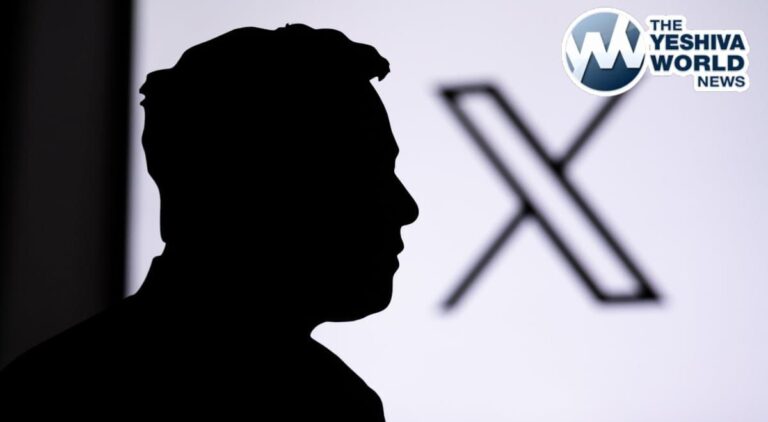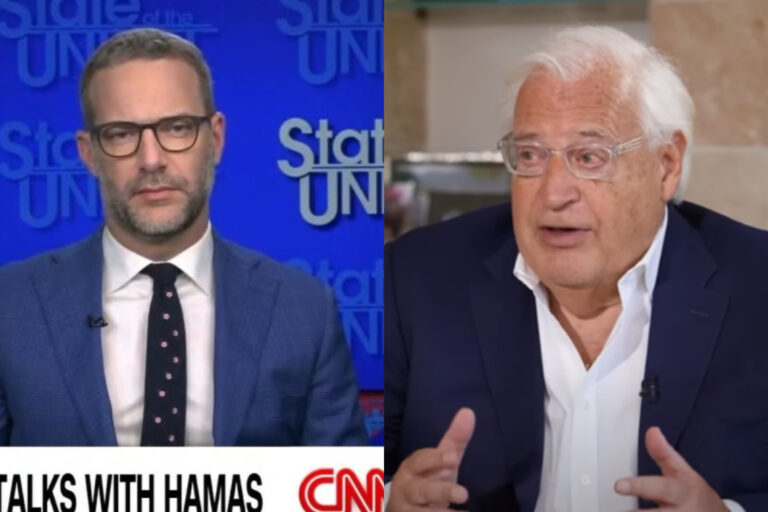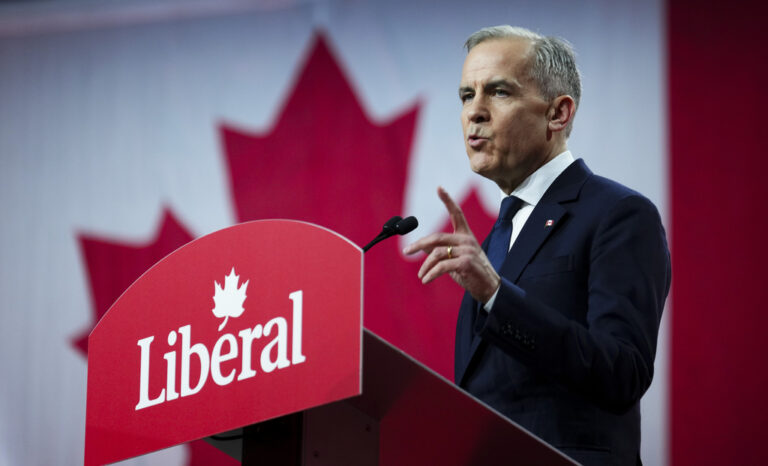 Turkish trade unionists banging drums and trailing banners marched into an Istanbul square on Wednesday, joining unprecedented protests against Prime Minister Tayyip Erdogan over what they see as his authoritarian rule.
Turkish trade unionists banging drums and trailing banners marched into an Istanbul square on Wednesday, joining unprecedented protests against Prime Minister Tayyip Erdogan over what they see as his authoritarian rule.
Members of more than a dozen unions chanting “Tayyip resign” marched down a major avenue towards Taksim Square. There were similar protests against Erdogan, prime minister for over 10 years and winner of three elections, in Kizilay Park in the capital Ankara.
Youths skirmished with police in cities across the country in a fifth night of troubles.
Critics accuse Erdogan of inflaming the situation over the weekend by describing protesters in blanket terms as looters, and later associating them with terrorism. Since Erdogan left the country on a visit to north Africa, deputy prime minister Bulent Arinc has struck a more conciliatory tone.
Arinc, formally in charge of government in Erdogan’s absence, met a delegation of architects involved in demonstrations last week against plans to build a replica Ottoman-era barracks on Gezi Park in Taksim.
Police use of tear gas and water cannon to disperse that demonstration triggered Turkey’s most violent riots in decades and drew other groups, from professionals to students, into a broadening protest against Erdogan. Two people have been killed and more than 3,000 injured in the six days of protests, dealing a blow to the prime minister’s image at home and abroad.
Arinc apologized on Tuesday for “excessive violence” by police against the initial Taksim demonstration, comments which contrasted sharply with Erdogan’s defiance.
Pro-government newspapers signaled a softening of Ankara’s stance in the absence of Erdogan: “Olive Branch”, declared Sabah newspaper in a banner front-page headline. “Softer Line”, said Milliyet, in reference to the apology and Wednesday’s meeting.
But Arinc refuses to talk to unnamed groups he accuses of exploiting anger over the police action against the original protest to foment violence. Youths, some affiliated to radical left wing groups, have pulled up paving stones and smashed windows in successive nights.
The change in tone from the AK Party (AKP) government appeared too little and too late to halt the protests.
“We will show that we will not surrender to AKP fascism with our peaceful democratic reaction in city squares,” said a joint statement from two union confederations. “The AKP is trying to cow a significant portion of society to realize its own dreams of power, restricting rights and freedoms.”
U.S. CONCERN
Erdogan, who has a huge parliamentary majority, did not comment on domestic matters at a news conference in Algiers on Tuesday. A man not swift to bow to any opposition, he clearly has no intention of stepping down and no obvious rivals inside or outside his AK party.
U.S. Vice-President Joe Biden, reflecting concern about stability in a NATO ally in the Middle East, urged the Turkish government to respect the rights of political opponents.n Monday.
“Today’s Turkey has a chance to demonstrate that there’s no need to choose between economic advancement and democracy, the system that empowers the winners of elections and yet protects whose who are in opposition,” Biden said.
The United States has held up Erdogan’s Turkey as an example of an Islamic democracy that could be imitated throughout the Middle East. But domestic opponents argue that, for all the economic advances under Erdogan and early democratic reform, events have recently taken a more authoritarian turn.
They also accuse him of pursuing an “Islamist” agenda by easing restrictions on the wearing of headscarves – a symbol of female Islamic piety – in state institutions, limiting alcohol sales and promoting broader religious projects. Erdogan denies any ambition to undermine Turkey’s secular constitution.
Hackers calling themselves “Anonymous Turkey” said they had attacked government systems and obtained confidential details of staff in Erdogan’s office. A source in the prime ministry confirmed staff email accounts had come under a phishing attack but said those affected had been cut off from the network.
On Taksim, thousands remained at a makeshift camp that is taking on the look of a more enduring settlement. Small tents have appeared, food and face masks against tear gas are on sale and a library is in the making. On a street off the square some protesters skirmished overnight with police who used tear gas.
ERDOGAN’S POWER
Erdogan’s return on Thursday to Turkey, a country laden with political tensions on its borders with both Syria and Iraq, could prove pivotal to the unrest.
“The main concern for the moment is that the prime minister should hold his silence,” said one diplomat close to the administration. “Whatever he says seems to stir feelings.”
In the western port city of Izmir, police raided 38 addresses and detained 25 people on suspicion of stirring insurrection on social media with comments on the protest, opposition CHP party deputy Alaattin Yuksel told Reuters.
Police declined comment.
In a television interview this week, Erdogan described social media, including Twitter, as a “scourge”. But social media have taken on a particular importance as newspapers and television have come increasingly under the sway of government.
Clashes spread overnight to the eastern province of Tunceli, where police fired tear gas and water cannon at hundreds of protesters who set up barricades and threw stones at them, witnesses said.
Police intervened in a similar way against demonstrators in Ankara, as well as in Hatay province on the Syrian border where a 22-year-old man died after being hit in the head at a rally late on Monday.
(Reuters)










